Zamknij arrow_back
- Nowości
-
Mapy i publikacje
add remove Mapy papierowe add removePublikacje papierowe add remove
-
Nawigacja
add remove Zegary add removeBarometry add removeTermometry , Higrometry, Barografy add removeAreometry (Densymetry) add remove
-
Sygnalizacja
add remove Lampy Nawigacyjne, Szperacze add removeŻarówki add removeLatarki add removeZnaki dzienne add remove
-
Środki ratunkowe
add remove Kamizelki add removeTratwy add removeKombinezony ratunkowe add removePirotechnika morska add removeKoła, Pławki, Tyczki add removeUprzęże, Linki, Taśmy Bezpieczeństwa add removeReflektory radarowe add removeBosaki, Wiosła add remove
-
Elektronika morska
add remove Radiotelefony add removeOdbiorniki Pogody add removePLB / AIS MOB, OLAS add removeRadiopławy, Transpondery add removeWiatromierze add removeAkcesoria add remove
-
Sprzęt pożarowy
add remove Akcesoria add remove
-
Wyposażenie pokładowe
add remove Drabinki Pilotowe, Ewakuacyjne add remove
- Nowości
-
Mapy i publikacje
add remove Mapy papierowe add removePublikacje papierowe add remove
- Nawigacja add remove
- Sygnalizacja add remove
- Środki ratunkowe add remove
- Elektronika morska add remove
- Sprzęt pożarowy add remove
-
Wyposażenie pokładowe
add remove
Guidelines for ships operating in polar waters, 2010 Edycja
Ships operating in the Arctic and Antarctic environments are exposed to a number of unique risks. Poor weather conditions and the relative lack of good charts, communication systems and other navigational aids pose challenges for mariners. The remoteness of the areas makes rescue or clean-up operations difficult and costly. Cold temperatures may reduce the effectiveness of numerous components of the ship, ranging from deck machinery and emergency equipment to sea suctions. When ice is present, it can impose additional loads on the hull, propulsion system and appendages.
The Guidelines for ships operating in polar waters aim at mitigating the additional risk imposed on shipping in the harsh environmental and climatic conditions that exist in polar waters.
This publication should be of interest to maritime administrations, ship manufacturers, shipping companies, cruise and tour operators, education institutes and others concerned with the safe operation of ships in polar waters.
The Guidelines for ships operating in polar waters aim at mitigating the additional risk imposed on shipping in the harsh environmental and climatic conditions that exist in polar waters.
This publication should be of interest to maritime administrations, ship manufacturers, shipping companies, cruise and tour operators, education institutes and others concerned with the safe operation of ships in polar waters.
Podobne z kategorii
Availability: Out of stock
Port State control inspections contribute to ensuring that global
maritime standards are being implemented consistently on all ships. This
publication provides guidance for port State control officers on the
conduct of inspections to support harmonization in the way inspections
are carried out worldwide.
This edition includes amendments to the *Guidelines for investigations
and inspections carried out under MARPOL Annex II* (appendix 4), the
*Guidelines for control of operational requirements* (appendix 7) and
the *Guidelines for port State control under MARPOL Annex VI* (appendix
18).
Availability: Out of stock
This Guide has been developed to consolidate existing IMO maritime
security-related material into an easily read companion guide to SOLAS
chapter XI-2 and the ISPS Code in order to assist States in promoting
maritime security through development in the requisite legal framework,
associated administrative practices, procedures and technical and human
resources.
It is intended both to assist SOLAS Contracting Governments in the
implementation, verification, compliance with, and enforcement of, the
provisions of SOLAS chapter XI-2 and the ISPS Code. It should also serve
as an aid and reference for those engaged in delivering capacity-
building activities in the field of maritime security.
This second edition of the Guide incorporates guidance approved by the
Maritime Safety Committee on the development of maritime security
legislation as well as maritime cyber risk management, and includes
updated sources for further information to support the implementation of
the ISPS Code.
Availability: 1 In Stock
This publication presents engineering specifications for fire safety equipment and systems required by SOLAS chapter II-2 concerning:
- international shore connections
- personnel protection
- fire extinguishers
- fixed gas fire-extinguishing systems
- fixed foam fire-extinguishing systems
- fixed pressure water-spraying and water-mist fire-extinguishing systems
- automatic sprinkler, fire detection and fire alarm systems
- fixed fire detection and fire alarm systems
- sample extraction smoke detection systems
- low-location lighting systems
- fixed emergency fire pumps
- arrangement of means of escape
- fixed deck foam systems
- inert gas systems
- fixed hydrocarbon gas detection systems.





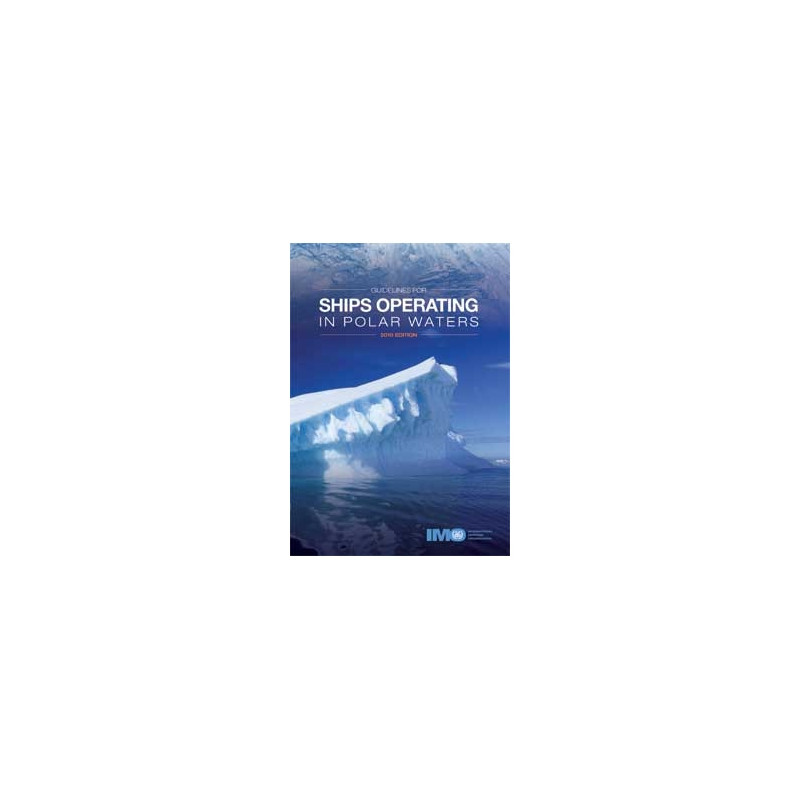

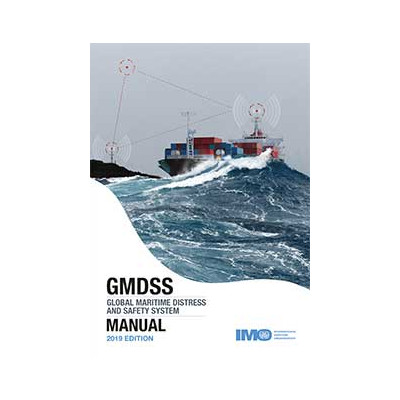
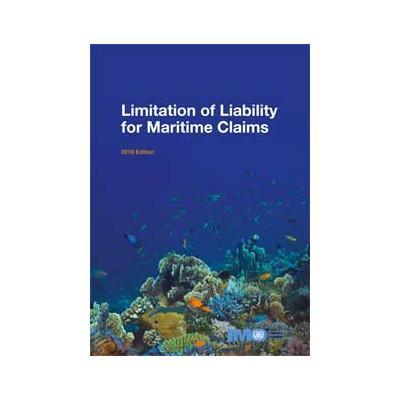
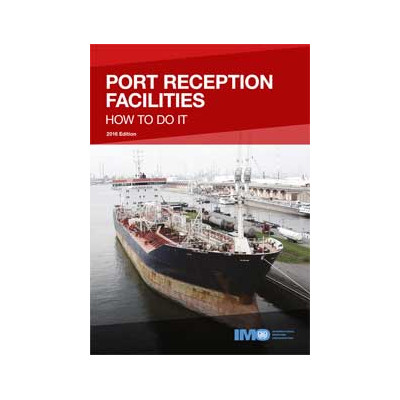
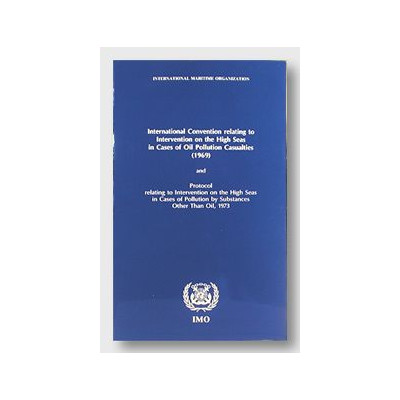
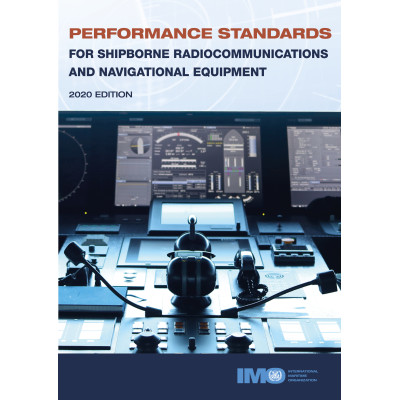
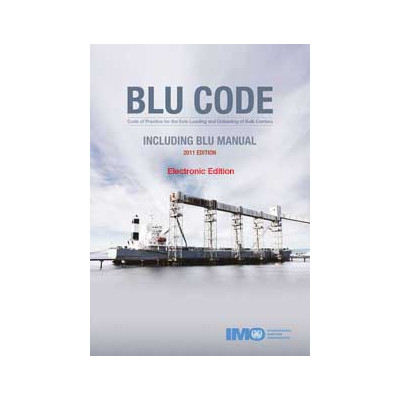
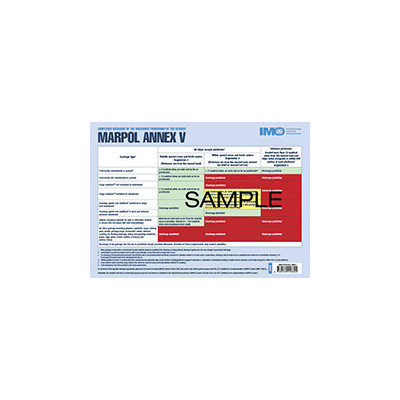
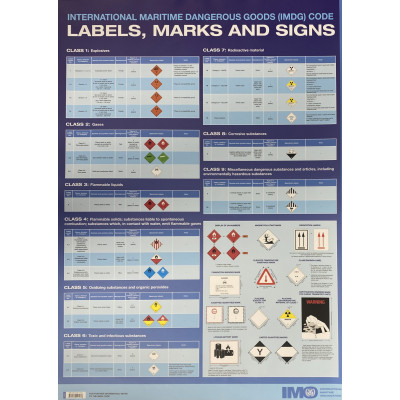
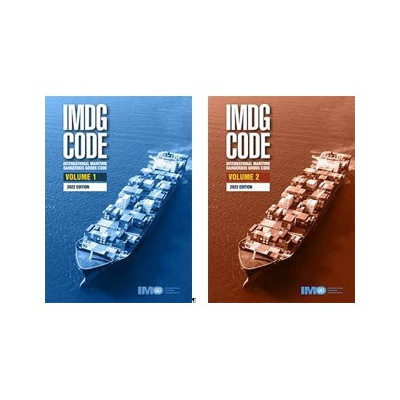
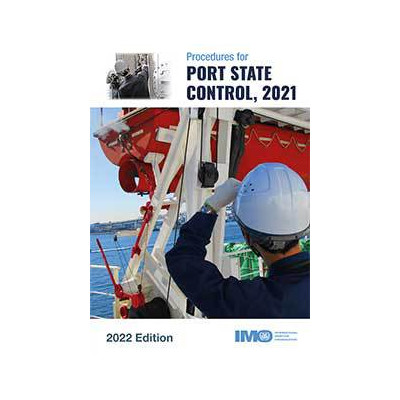
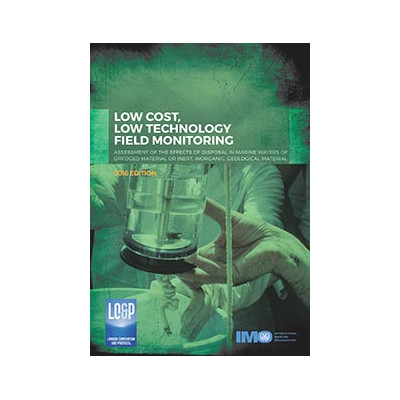
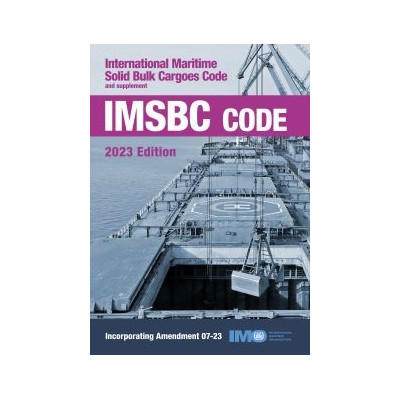
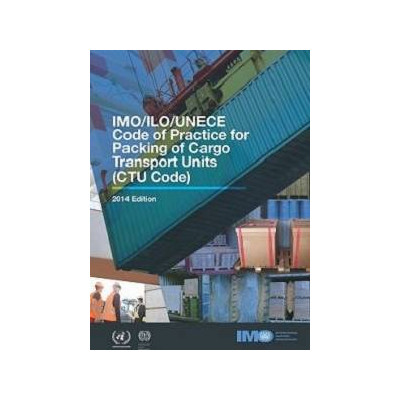
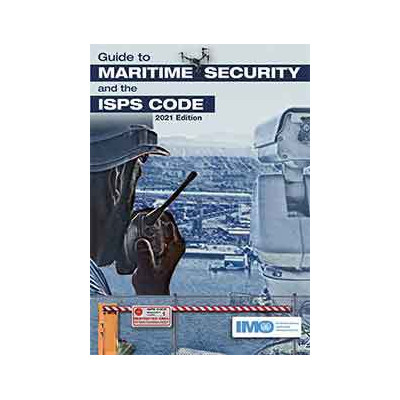
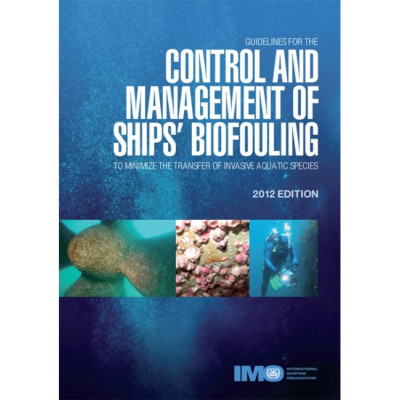
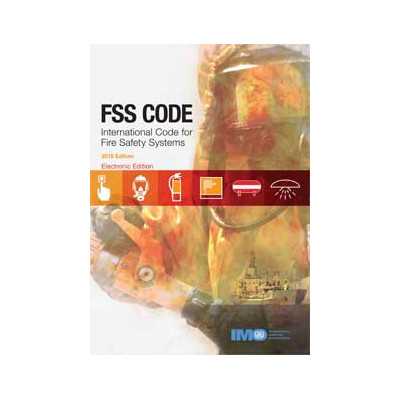
 Cookies
Cookies